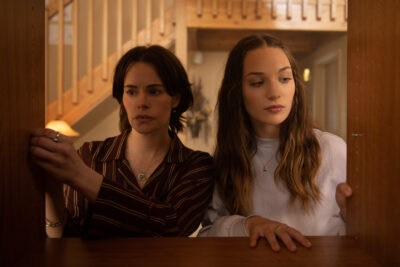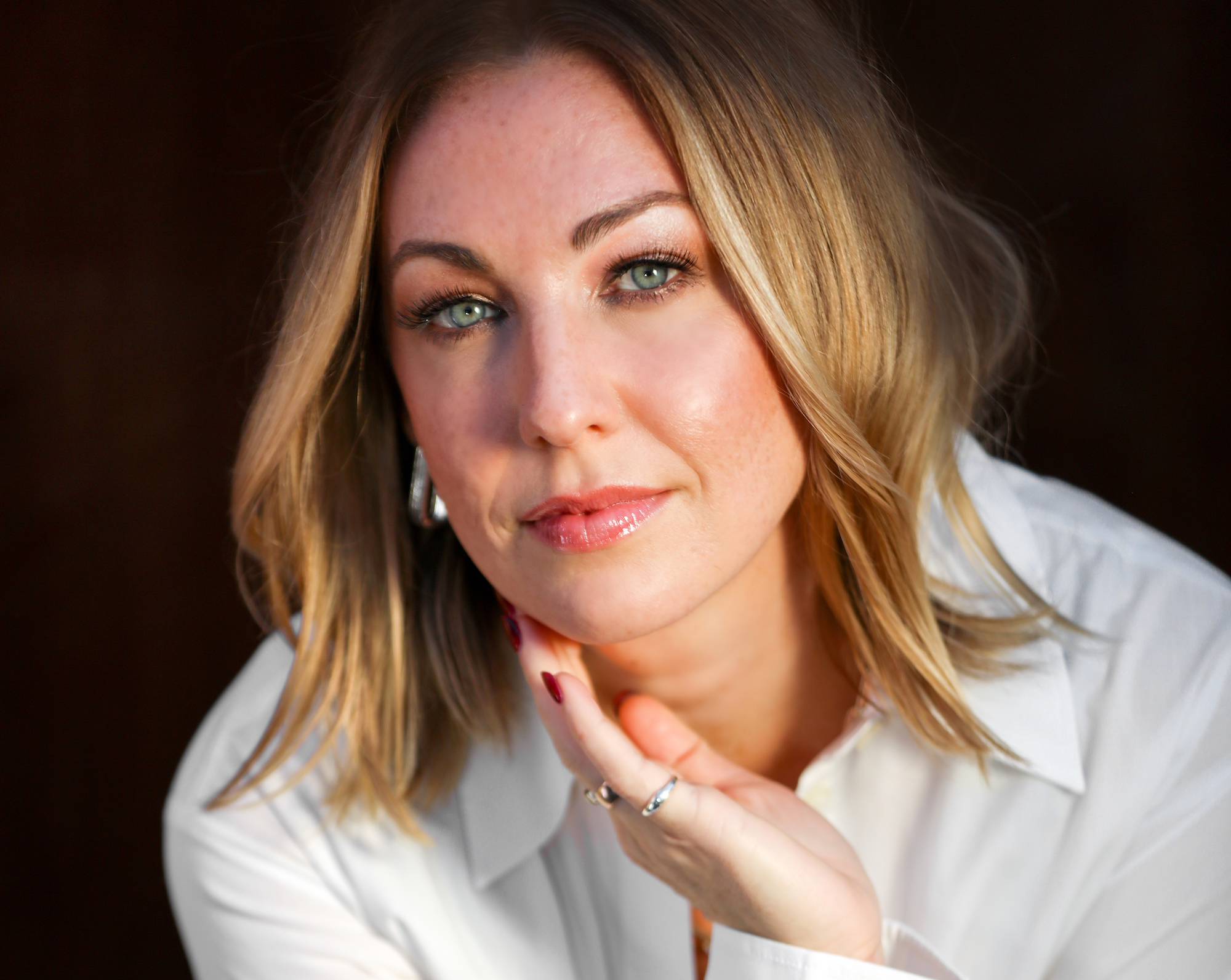Filmmaker Molly McGlynn was 16 when she found out that her body wasn’t the same as other girls she went to school with.
During a routine medical appointment, McGlynn was informed, in a matter-of-fact manner, that she had a shortened vaginal canal. It didn’t lead to a uterus, because she didn’t have one. Intercourse, while possible, would be difficult and painful without manipulation or intervention. She would never get her period, and would never be able to experience pregnancy. It was a crushing triple-blow, too much for anyone to bear, but for a teenager, desperate to be “normal”, it was devastating, confusing, and alienating.
The diagnosis was MRKH Syndrome, a rare congenital disorder that affects the reproductive system of approximately 1 in 4500 females at birth. In 2001, when the doctor delivered the news, the subtext was: you don’t need to tell anyone this secret. “It was all very hush hush…It was hinted that this was something to be kept protected and private,” says McGlynn, describing that chapter in her youth as “a nightmare.”
She lived with the secret for many years. It festered inside of her, twisting and growing like a weed, invading her thoughts and hammering her confidence, until one day, it finally came out. “I sort of wrote it really quickly, to submit to this program,” says McGlynn, explaining that the script was accepted into the prestigious Oxbelly Screenwriting Program in Greece. “I got on the flight and the reality of pitching this and talking about the project hit me. I felt so deeply unprepared thinking “Oh no, what have I done?”
The answer: Something brilliant and necessary. Fitting In is an absolute triumph. There’s nothing like it, not even Degrassi has covered this subject. It’s a coming-of-age film that the world needs, and a gift to teenagers who feel confused and alone, no matter what the circumstance.
Maddie Ziegler is sensational as Lindy (and even looks like a young McGlynn). “She is a force, she is grounded, she is intuitive. She has this gravitas that’s almost a little bit overwhelming. I could not have done this project without her.”
Lindy’s confidence plummets after finding out she’s different. Plans to have sex with her boyfriend (D’Pharaoh Woon-A-Tai) are destroyed, and the relationship subsequently falls apart. Her mother (Emily Hampshire), is understandably distraught with the diagnosis, but her anxieties add to Lindy’s confusion, heightening already big emotions. Her new reality forces her to question her identity, and she seeks comfort within the school’s queer club, and even develops a sweet romance with an intersex student named Jax (Ki Griffin). But that doesn’t quite feel right either… Lindy can’t figure out where she fits in.

Fitting In is set in the modern day, but when McGlynn was diagnosed in 2001, there was no hashtag you could pump into Instagram. There were no online groups or forums to easily ask questions or find answers. McGlynn was utterly alone. She talks about the period as one of “shame and isolation.” The diagnosis remains a tough one today, but community is much easier to find. “I go on TikTok now and I see all these incredible people documenting their experience, they are owning it in a way that I’m just blown away by.”
With the help of open-minded and caring peers, Lindy finds self-assuredness, and a sense of peace. For McGlynn, it took much longer. “I’ve had this story brewing in me since I was 16,” she says, describing the writing process as a “personal exorcism,” where each draft she uncovered deeper levels of truth. She admits that it still feels “raw and personal”, but making Fitting In is what set her free.


 Follow Us On Instagram
Follow Us On Instagram

 EXCLUSIVE TICKET GIVEAWAY!
EXCLUSIVE TICKET GIVEAWAY! This Thursd
This Thursd @insideoutfestival jus
@insideoutfestival jus